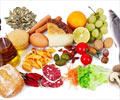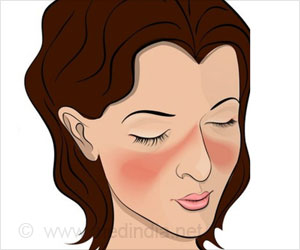For health woes ranging from heart disease to thyroid problems to cancer, British people could blame the earth beneath their feet.

The body uses selenium to make 'selenoproteins', which work like antioxidants preventing damage to cells.
The richest food sources of selenium are Brazil nuts, kidney, liver and fish, but the foods that make the largest contribution to selenium intake - because people eat proportionately more of them - are cereals, bread, meat and poultry.
However, because levels of selenium in the British soil are low, cattle aren't absorbing as much when they graze, nor are crops or other fresh vegetables grown on it.
As a result, there is less selenium available from meat, grains and vegetables.
Researchers say farming methods have a part to play for deficiency of selenium in the country's soil.
Advertisement
"Selenium levels in our blood plummeted after the time the government began measuring them in 1974," the Daily Mail quoted Margaret Rayman, professor of nutritional medicine at the University of Surrey and a leading researcher in selenium's effects as saying.
Advertisement
In the long-term, the effects of low intakes can be devastating, Professor Rayman.
In her Lancet review, Professor Rayman concluded that adding selenium to the diet - either through eating selenium-rich foods or through supplementation - is beneficial only if you really need it.
However, she warns people should be "extremely careful" about increasing their intake of selenium because too much of it can be dangerous.
More than 0.45mg a day can trigger a condition called selenosis, which can cause brittle nails and hair, skin lesions and a garlic-like odour on the breath, added Claire Williamson, a nutrition scientist at the British Nutrition Foundation.
Professor Rayman advises popping a pill containing no more than 100mcg a day of selenium for men and 50-65mcg for women if your diet contains few selenium-rich foods.
As selenium tablets often come in much larger doses, you may have to break a tablet in half.
Source-ANI











